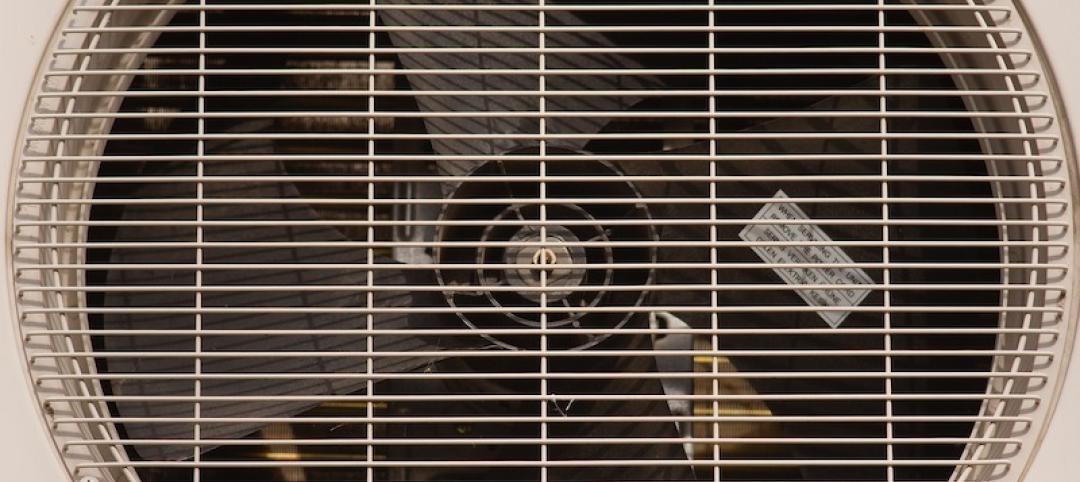A coalition of manufacturers, utilities, trade associations, and advocacy groups are urging Congress to double the funding for the U.S. Energy Star program.
Energy Star, housed mostly within the Environmental Protection Agency, “delivers a remarkable bang for the buck in reducing greenhouse gas emissions, accounting for 330 million metric tons of avoided emission reduction each year—roughly 5% of total U.S. greenhouse gas emissions annually,” according to a letter sent to Congress by the coalition. “Meanwhile, the program saves American consumers and businesses more than $35 billion annually in avoided energy costs.”
The program has seen its budget steadily decline in recent years with overall cuts at EPA. Adjusted for inflation, its budget, today at $35 million, would need to be about $65 million to keep pace with funding levels of a decade ago, the coalition says.
“We know that Congress is looking for innovative, cost-effective, and high-impact approaches for achieving emissions reductions while also boosting economic productivity,” the letter continues. “Energy Star meets all of those criteria through a voluntary, market-based program with a relatively low cost and with enormous untapped potential.”
Related Stories
Codes and Standards | Sep 2, 2020
California releases guide for state water policy
Water Resilience Portfolio is roadmap for meeting water needs as climate changes.
Codes and Standards | Aug 31, 2020
Fenestration alliance updates fenestration sealants guide
First update to 2009 document.
Codes and Standards | Aug 25, 2020
Platform will allow researchers to test energy system integration at scale
The U.S. Department of Energy’s (DOE’s) National Renewable Energy Laboratory (NREL) recently launched the Advanced Research on Integrated Energy Systems (ARIES) platform.
Codes and Standards | Aug 20, 2020
Wariness of elevators may stymie office reopening
Workers could balk at returning to high-rises.
Codes and Standards | Aug 19, 2020
Existing laws may be restricting efforts to cut carbon emissions
Outdated policies favor fossil fuels.
Codes and Standards | Aug 18, 2020
Florida becomes the third state to adopt concrete repair code
Sets minimum requirements for design, construction, repair of concrete structural elements in buildings.
Codes and Standards | Aug 17, 2020
ASCE seeks comments on seismic standard
Pertains to design criteria for nuclear facilities.
Codes and Standards | Aug 13, 2020
COVID-19 reboot guide offers strategies for reopening K-12 schools
Looks at space considerations for reopening at different scales.
Codes and Standards | Aug 12, 2020
Document provides guidance for mass timber construction
Overview of Intl. Building Code requirements included.
Codes and Standards | Aug 11, 2020
Inefficient air conditioning is a key contributor to global warming
More efficient equipment and buildings could make a big difference.

















